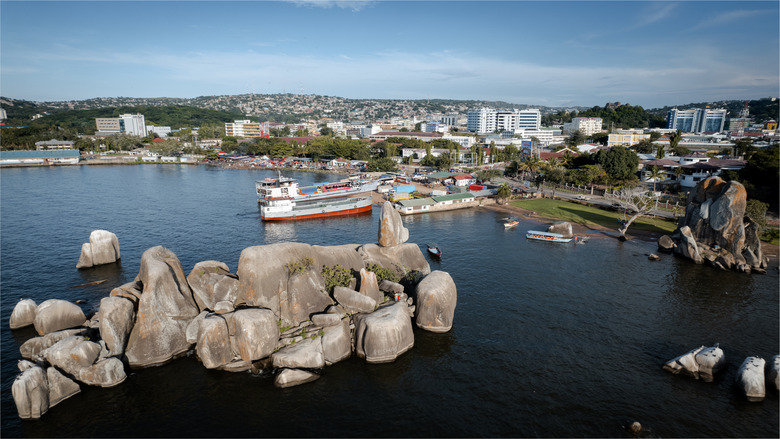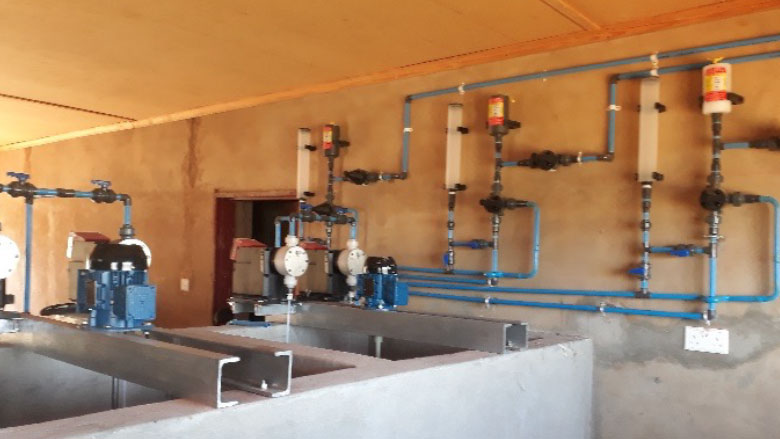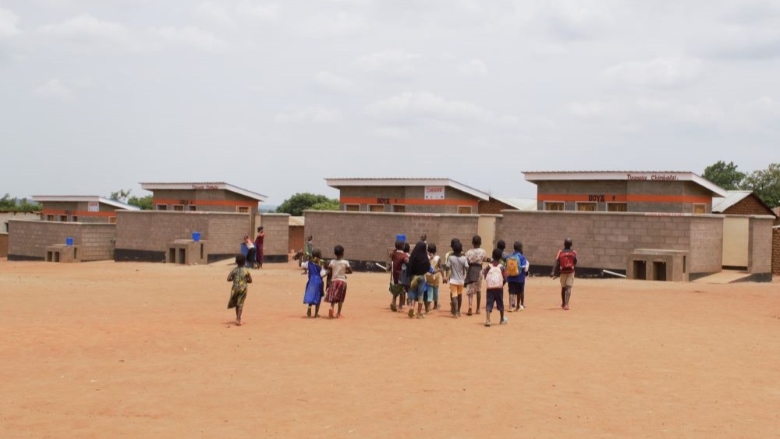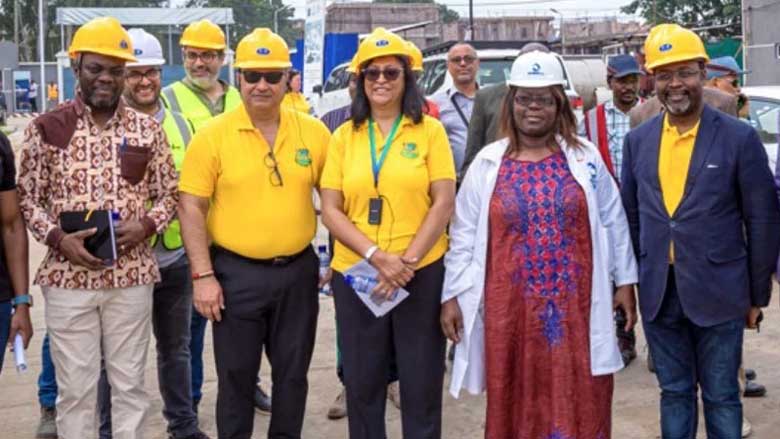The number of people without access to water is growing in Sub-Saharan Africa. It is the only region of the world where this is happening. About 387 million people lived without access to basic drinking water services in Sub-Saharan Africa in 2020, up from 350 million people in 2000, according to a WHO/ UNICEF progress report.
By acting now and acting at scale, countries can accelerate #WaterAction, protect and improve lives, and reap economic rewards.
The stories on this page show that progress is possible, and that reforms and innovations are making a difference - including in the countries with the largest access gaps. As of October 2022, about 226 million people in Eastern and Southern Africa did not have access to basic water services, and 381 million people lacked access to basic sanitation services. The situation is worse in rural areas than in cities. And nine countries (Angola, Democratic Republic of Congo, Ethiopia, Kenya, Madagascar, Mozambique, Sudan, Tanzania, and Uganda) are home to 80% of underserved people in the region.
Addressing people’s need for water and sanitation in these nine countries and continuing to make progress in other parts of the region is key to improving people’s lives and boost economic growth.
As African countries continue to rapidly urbanize and climate change wreaks havoc on rain patterns and water supplies, the need for innovative and efficient water production, storage, and delivery is stronger than ever. The challenge is to ensure that governments, private sector, and households continue to invest in water and sanitation solutions until all Africans have access to these life-saving, time-saving, and business-creating basic services.








